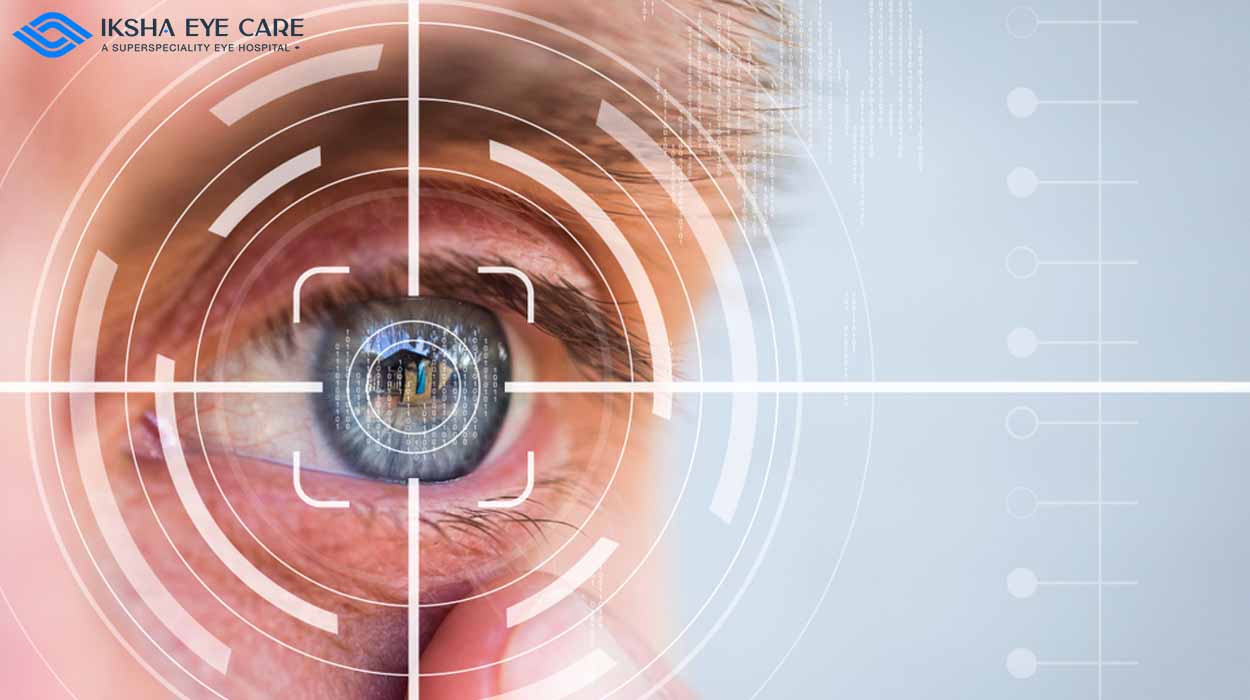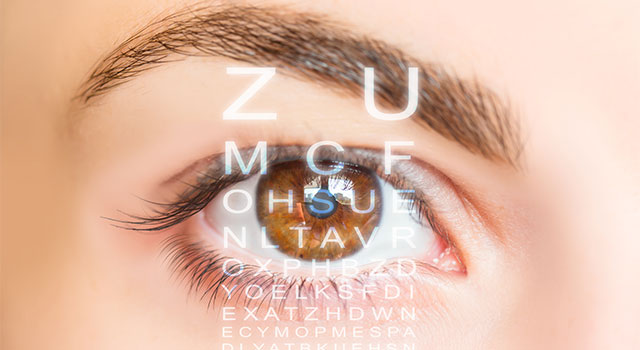Recognizing the Numerous Eye Issues Treated by Specialized Eye Care Professionals
In the world of eye treatment, specialized professionals play an essential duty in diagnosing and dealing with a large selection of eye problems. From common refractive errors that impact vision clearness to age-related problems that position obstacles as we age, the know-how of these specialists encompasses taking care of vision-threatening diseases and detailed corneal disorders. The intricacies of neurological eye problems existing distinct obstacles that necessitate specialized treatment. As we get started on this expedition of the numerous eye conditions attended to by specialized eye treatment specialists, it becomes obvious that the elaborate internet of ocular health and wellness holds a myriad of fascinating understandings waiting to be discovered.
Typical Refractive Mistakes
Refractive errors are typical visual problems triggered by a flaw in the eye's ability to appropriately focus light, resulting in obscured vision. Astigmatism is characterized by an irregularly designed cornea, resulting in distorted or blurred vision at all distances. Presbyopia is an age-related condition where the lens loses its versatility, making it hard to concentrate on close items.
These refractive mistakes can be fixed through various approaches, consisting of eyeglasses, contact lenses, or refractive surgical procedure. Eye care experts play a crucial duty in identifying and managing refractive errors to aid individuals attain more clear vision and improve their lifestyle.
Age-Related Eye Problems
As individuals age, their eyes might be susceptible to a variety of conditions past refractive errors that can impact their vision and overall eye health. Age-related eye conditions are usual and can significantly influence the top quality of life for older grownups. One of one of the most widespread age-related eye conditions is age-related macular degeneration (AMD), a disease that triggers central vision loss and can make tasks like analysis and driving challenging. refractive surgeries in al. Cataracts, one more usual problem amongst older individuals, cause clouding of the eye's all-natural lens, leading to obscured vision. Glaucoma, characterized by damage to the optic nerve, is likewise more common with age and can result in outer vision loss or loss of sight if left without treatment. Furthermore, presbyopia, a condition where the eye's lens loses adaptability, is a natural component of aging and results in problem concentrating on close things. Regular eye exams with specialized eye care specialists are crucial for early detection and administration of these age-related eye problems to protect vision and preserve ocular health as people get older.
Vision-Threatening Illness
Vision-threatening illness include a variety of major eye problems that have the possible to dramatically impact an individual's sight and overall visual function. These conditions present a danger of permanent vision loss otherwise quickly detected and dealt with by specialized eye treatment experts. Some discover this typical vision-threatening illness consist of glaucoma, diabetic person retinopathy, age-related macular degeneration (AMD), and retinal detachment.
Glaucoma is a group of eye problems that harm the optic nerve, commonly because of high intraocular stress, leading to outer vision loss and possible blindness if left without treatment. Diabetic retinopathy is a problem of diabetes mellitus that impacts capillary in the retina, triggering vision problems or blindness. AMD is a dynamic condition affecting the macula, bring about main vision loss. Retinal detachment occurs when the retina divides from its underlying tissue, leading to unexpected vision loss that requires prompt clinical focus (refractive surgeries in al).
Early detection, regular check this eye tests, and prompt intervention are important in handling vision-threatening illness to maintain sight and maintain top quality of life. Specialized eye care professionals play a crucial role in diagnosing, treating, and handling these problems to stop permanent vision loss.

Corneal Problems
Corneal conditions encompass a range of conditions that impact the clear front component of the eye, referred to as the cornea. These conditions can lead to pain, aesthetic disturbances, and in severe cases, vision loss. One common corneal problem is keratoconus, where the cornea thins and bulges outward into a cone shape, causing astigmatism and obscured vision. Corneal dystrophies, such as Fuchs' dystrophy, result in gradual vision loss as a result of uncommon deposits in the cornea. Corneal abrasions, typically brought on by injury or foreign objects, can cause discomfort, inflammation, and level of sensitivity to light. In addition, infections like keratitis can irritate the cornea, possibly leading to scarring and vision problems otherwise quickly dealt with. Treatment for corneal disorders varies relying on the particular problem yet may include medicines, get in touch with lenses, or in extreme instances, corneal transplants. Routine eye examinations are vital for early detection and administration of corneal conditions to maintain vision and eye health.
Neurological Eye Problems
Neurological eye problems entail conditions that affect the connection between the eyes and the mind, influencing aesthetic handling and general eye function. These conditions that site can materialize in numerous means, affecting vision, eye movements, and even the coordination between the eyes. One typical neurological eye problem is optic neuritis, defined by swelling of the optic nerve leading to vision loss, shade desaturation, and pain with eye activity.
One more significant condition is nystagmus, where the eyes make recurring, uncontrolled movements, influencing aesthetic skill and depth perception. In addition, problems like amblyopia, commonly described as "lazy eye," result from unusual aesthetic growth in early youth, leading to reduced vision in one eye.
Neurological eye conditions require specialized treatment from specialists like neuro-ophthalmologists who have knowledge in both neurology and ophthalmology. Diagnosis typically involves a thorough eye examination, imaging researches, and collaboration with neurologists to address the underlying neurological concerns impacting the visual system. Treatment strategies can include medication, vision therapy, or in severe cases, surgical treatments to handle these complicated conditions properly.

Verdict
In verdict, specialized eye treatment specialists deal with a wide range of eye problems, including typical refractive errors, age-related eye problems, vision-threatening diseases, corneal problems, and neurological eye problems - refractive surgeries in al. By comprehending these different problems and seeking proper therapy from eye treatment specialists, individuals can preserve ideal eye wellness and vision. It is essential to prioritize routine eye exams and follow recommended treatment strategies to maintain and safeguard one's vision for the future